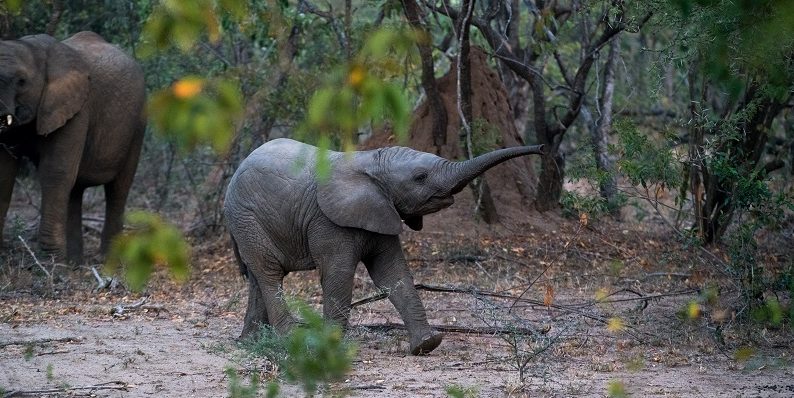If you have ever been to a circus or zoo you may wonder, when you see the elephant enclosure, why it is that the huge old elephants that stand some 10 feet high, but the tiny baby elephants that only come up to your knees are tethered with exactly the same size chain attached to a small stake in the ground?
Some helplessness is learned
You may think it completely illogical to treat these animals in the same way. Surely, you might argue, the older larger elephant should have a much bigger stronger chain than the baby one? A fully grown elephant could, if it wanted to, simply walk away! Without even breaking into a sweat, it could pull the stake out of the ground (like you or I might pull up a daisy), or snap the chain like a twig.
But that’s just the point. The old elephant has forgotten what it’s like to struggle to be free. It learnt the lesson a long time ago, when it was a baby, that despite its efforts it remained imprisoned, and so, even though now, as a fully grown adult, it might have the strength of 10 baby elephants, it believes itself to be just as much of a prisoner – and has given up the struggle.
The baby elephant, who constantly pulls and tugs at its chain, still has the motivation to succeed – and the belief that it can.
Moral: if you want to change your behaviours, first change your beliefs.
Moving forward
In what way are you, or someone you know, like the old or baby elephant? What represents the chain that ties you down? What would happen if you could free yourself? Is there some situation in which you have given up the struggle? If working through questions like this with an executive coach would help you change your beliefs about a situation that you’re finding difficult, drop me a line or book a call with me.

